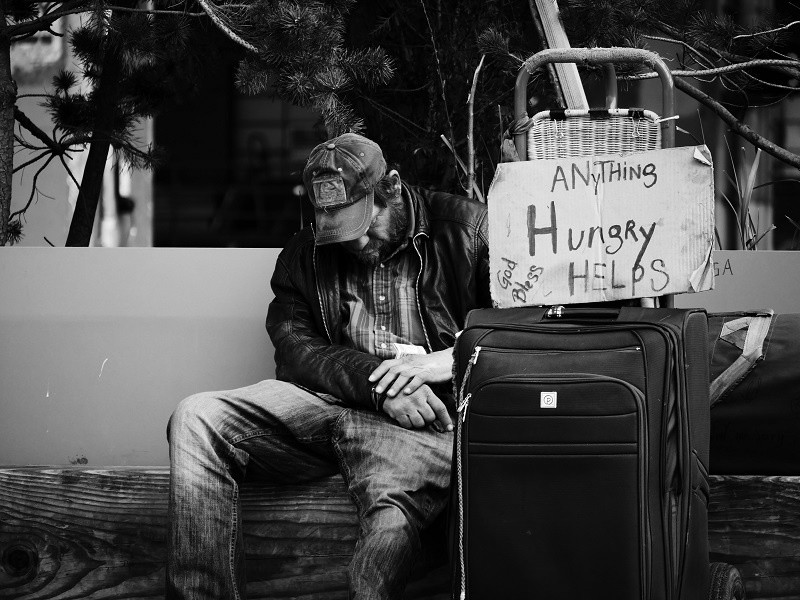Food insecurity arises amid the COVID-19 pandemic as it affects the economic status throughout the world. The economic fallout could expose economically challenged families to the risk factors associated with the coronavirus.
According to U.S. News, donation programs, school districts, and charitable groups have scrambled to keep up with the increasing demand for assistance in response to the unemployment increase and school closings.

More than 54 million people will experience food insecurity because of COVID-19 if poverty and unemployment rates exceed levels and reached more than a decade ago during the Great Recession, as per an April report from the nonprofit Feeding America.
Food insecurity is defined as the inability of a household to consistently provide enough food; generally, three meals a day for every person to live an active and healthy life, as per the U.S. Department of Agriculture.
The Coronavirus Aid, Relief, and Economic Security (CARES) Act and the Families' first Coronavirus Response (FFCRA) Act allocated about $850 million for food banks. Feeding America and other advocacy groups continue pressing Congress to boost the food insecurity programs.
The act also includes up to 43 billing funds for Farmers to Families Food Box Program aiming to buy produce, dairy, and meat from farmers and distribute those products to nonprofits and schools.
In March or before the pandemic began, food insecurity was at the lowest point since the recession started in late 2007. Yet, it still means 37 million people were considered food insecure.
Feeding America estimated the number of children experiencing food insecurity to rise from 11 million to 18 million.
According to Dr. Jason Nagata, assistant professor of pediatrics at the University of California, San Francisco School of Medicine, the research shows that food insecurity is associated with many chronic diseases like diabetes, high blood pressure, and asthma.
The Journal of General Internal Medicine study in 2019 found that almost twice as many people had diabetes in the food-insecure group as those who are food-secure.
The study looked at the health of nearly 15,000 U.S. adults aged 24-32. Those who underwent the review found higher rates of hypertension, obstructive airway disease, and diabetes.
"These also are fundamental issues to address, particularly because of the pandemic," Nagata said. He added that some of the risk factors for severe illness from COVID-19 are the same medical conditions concerning food insecurity.
Nagata also found that food insecurity is associated with poor mental health and sleep disturbances, as per the Journal of Adolescent Health study in 2019.
"We think that part of the reason for that association is the chronic stressors that people living with food insecurity experience day to days, such as trying to get enough food to provide for themselves and their families," Nagata said.
Native American, Black, and Latino people have a higher rate of food insecurity and higher rates of infections, hospitalizations, and death associated with coronavirus than the white people, according to Health Day.
Meanwhile, several underlying factors involved with disparities in nutrition and obesity have a vital role in the health inequities unfolded during the pandemic.
In a July perspective piece in the New England Journal of Medicine, researchers said the ability to eat a healthy diet could be determined by the access to affordable and nutritious foods. And the ability to afford a healthy diet is a result of an individual's proximity to grocery stores and household income allocated for food.
Check these out:
KFC Donates One Million Pieces Of Chicken To Help Feed Teachers
Taco Bell Fans Will Surely Miss 12 Menu Items Cut This Week
FDA Recalls Lemons, Limes, Oranges, and Potatoes Due to Potential Listeria Contamination
© copyright 2024 Food World News, a property of HNGN Inc. All rights reserved. Use of this website constitutes acceptance of our terms and conditions of use and privacy policy.









